5 Refugees With Incredible Legacies

By:
In the wake of the attacks in Paris, more than half of the governors in the U.S. have vowed to reject Syrian refugees fleeing religious and political persecution, arguing that accepting them would put the country at risk of violent extremism. Pres. Barack Obama called that response a "betrayal of our values," and he has a point: refugees form an important part of our world history.
War and extreme poverty have forced millions to flee their home countries in the Middle East and Northern Africa, as families leave everything behind in search of safety and shelter in European countries such as Greece and Italy.
Some opponents to resettlement argue that accepting refugees poses dangers to citizens—that those fleeing Syria might have been radicalized—and complain that the process would overburden the already thinly stretched resources of countries such as Germany, which has vowed to accept as many as 500,000 asylum seekers a year for several years.
But as opponents resist granting asylum to those fleeing dire circumstances abroad, the justification for this resistance has been called into question. After all, refugees have contributed immensely to the scientific, political, and cultural landscape of America throughout the world's turbulent history. That is an important point to keep in mind, as the crisis in Europe is not something that should be taken lightly, and being open-minded about accepting refugees could be the difference between triumph and tragedy.
Here are five refugees who have positively impacted the world.
1. Albert Einstein
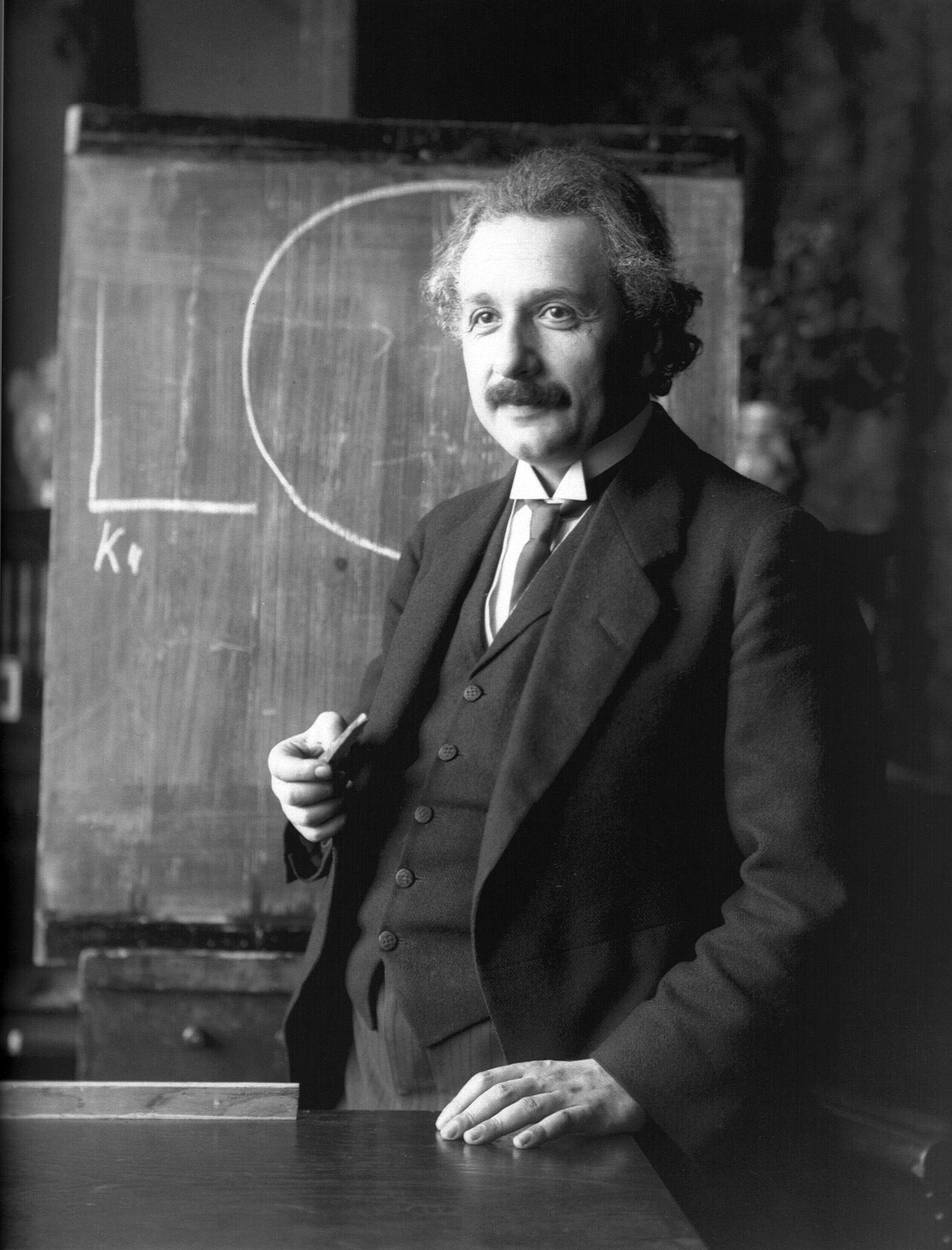 Wikimedia - wikimedia.org
Wikimedia - wikimedia.org
You'd be hard pressed to find someone who hasn't heard of Einstein's incredible contributions to the sciences. His "Theory of Relativity" revolutionized theoretical physics and astronomy in the 20th century, and he is also internationally renowned for his influence on the philosophy of science. But the German Jew also faced intense persecution during the Nazi rise to power under Adolph Hitler; left with no safe alternative, Einstein accepted a teaching position in Princeton, New Jersey, having been accused of treason in his home country.
2. Madeleine Albright
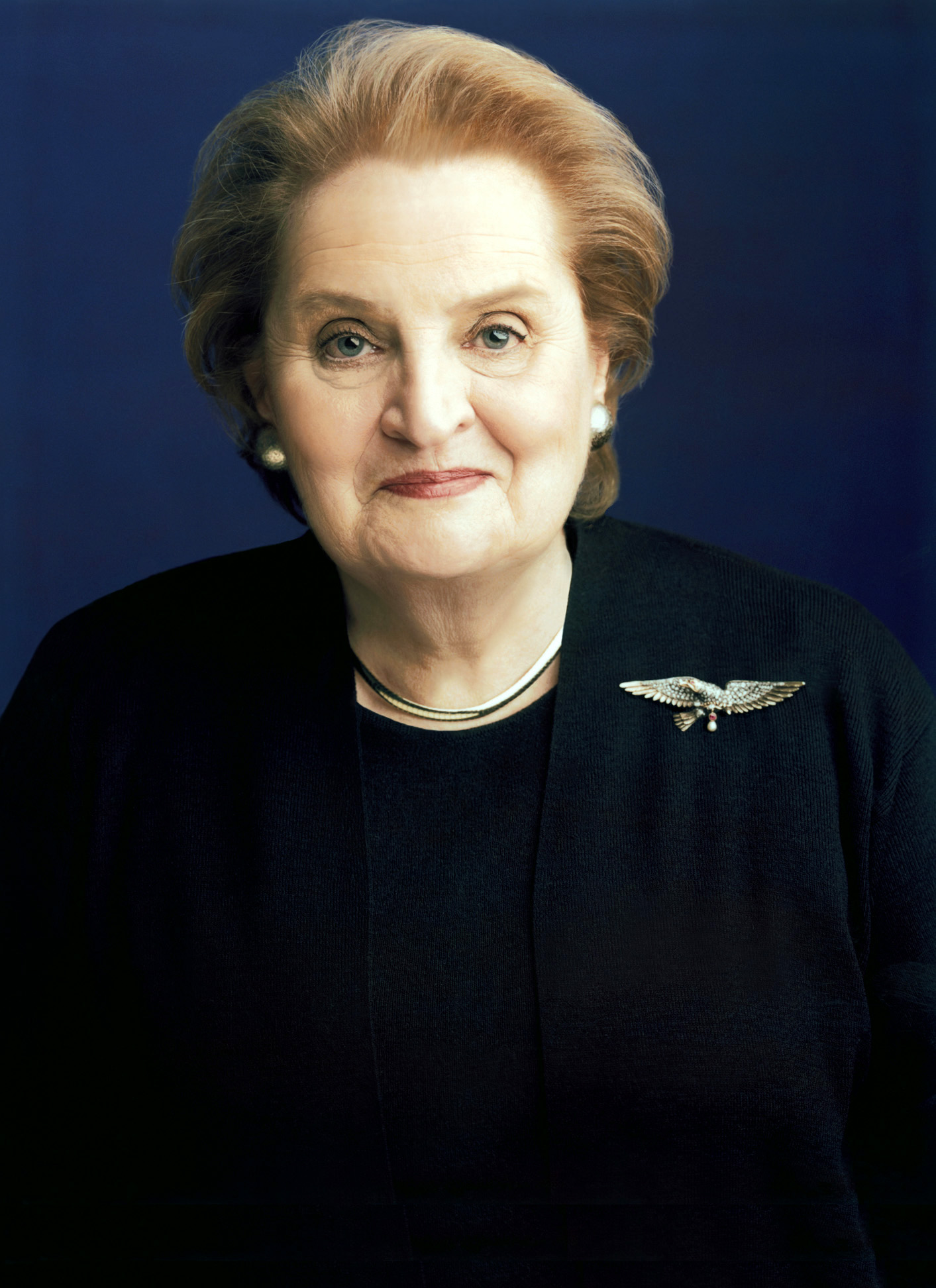 Wikimedia - wikimedia.org
Wikimedia - wikimedia.org
The United States' first female Secretary of State, Madeleine Albright, was forced from her home country in the Czech Republic twice. The first time happened when the Nazis invaded Czechoslovakia during World War II and Albright and her family fled to England; the second time they had to leave due to the Communist takeover of Prague, which incited political turmoil and prompted the family to immigrate to the U.S.
3. 14th Dalai Lama
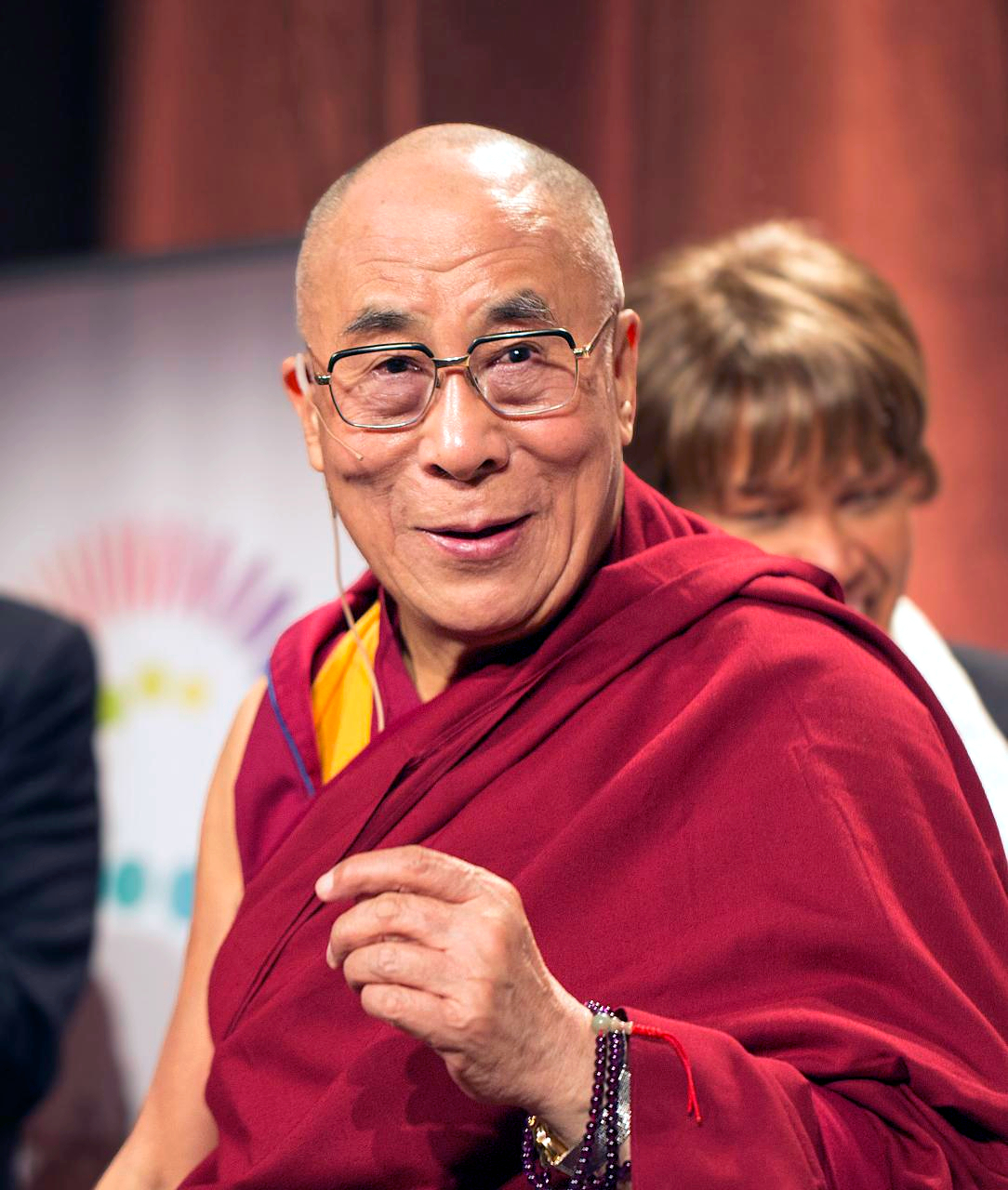 Wikimedia - wikimedia.org
Wikimedia - wikimedia.org
His Holiness the Dalai Lama took refuge in India in 1959 during China's full-scale military takeover of Tibet, where he was born and spent his childhood. "Most of the Tibetan refugees, whose number had grown to almost 30,000, were moved to road camps in the hills of northern India," the United Nations refugee agency reported.
4. Elie Wiesel
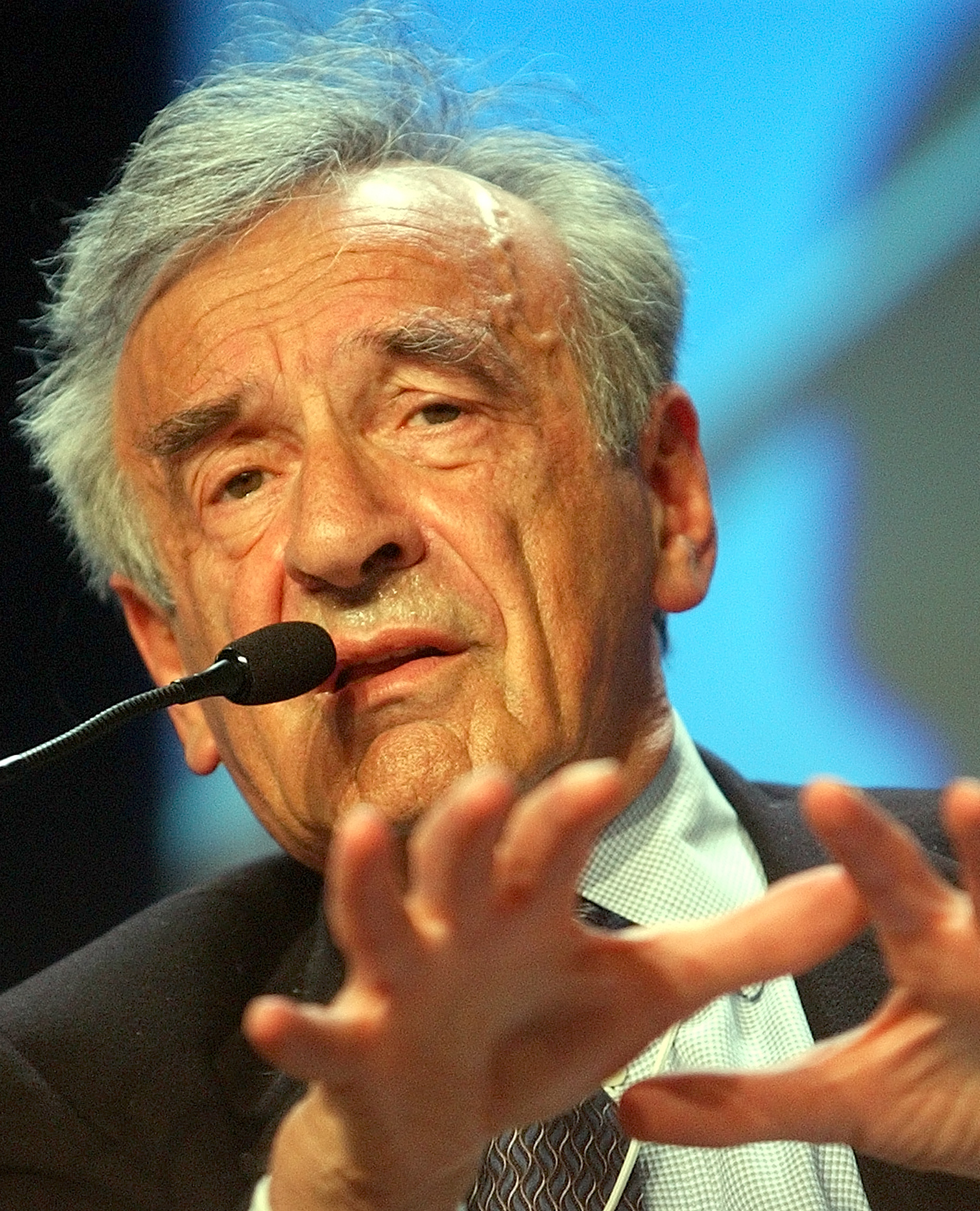 Wikimedia - wikimedia.org
Wikimedia - wikimedia.org
The Romanian-born Jewish writer and political activist, Elie Weisel, has written 57 books, including "Night," a novel based on his experience living in concentration camps such as Auschwitz. He won the Nobel Peace Prize in 1986 and has been described as "messenger to mankind" by the Norwegian Nobel Committee. But before becoming known for these accomplishments, however, Weisel was a refugee in North America, gaining U.S. citizenship and moving to Washington, D.C. in 1955.
5. Fryderyk Chopin
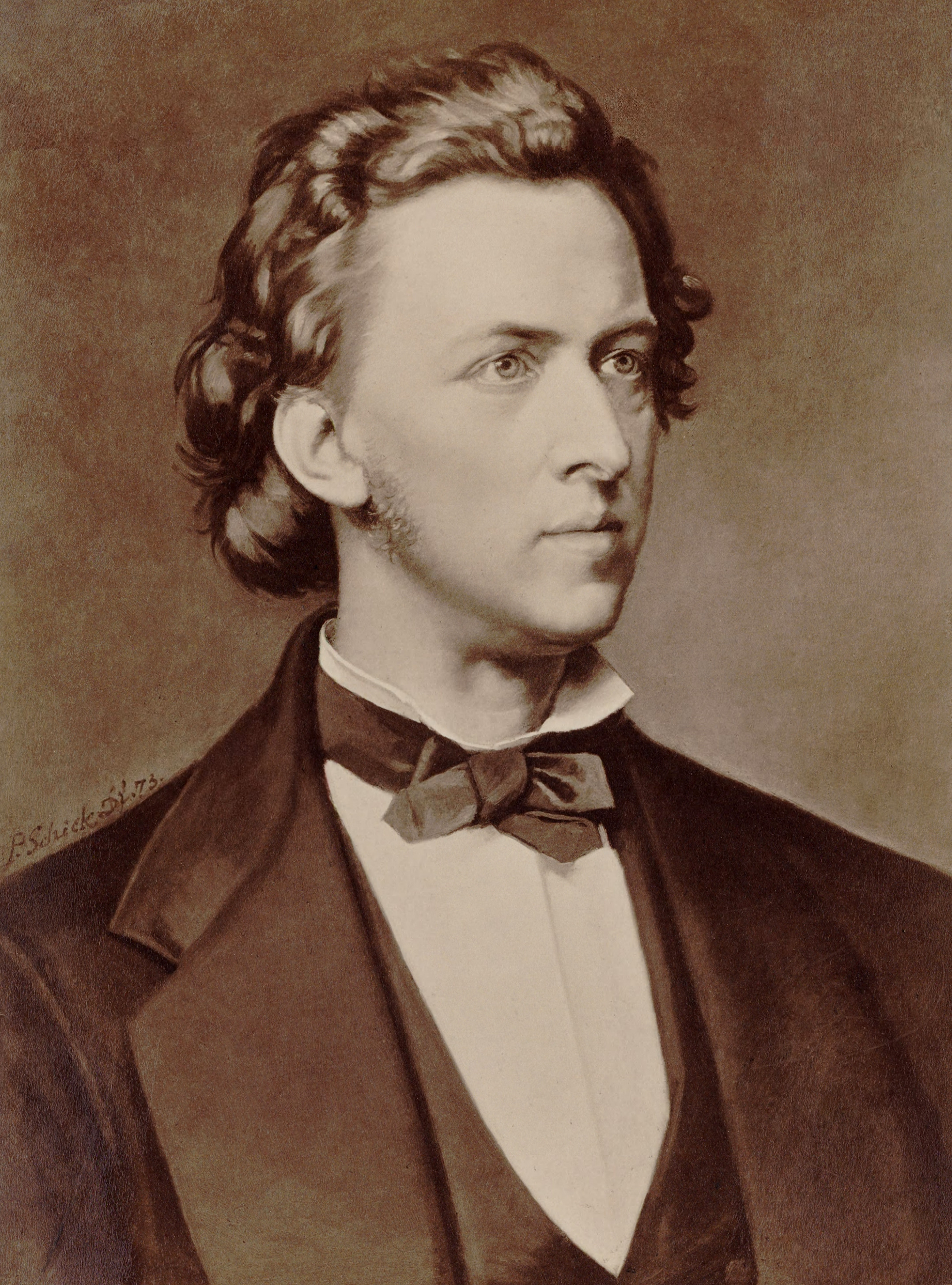 Wikimedia - wikimedia.org
Wikimedia - wikimedia.org
The 19th-century composer is one of the most famous classical musicians of all time, leaving behind a legacy that has influenced countless composers throughout history. Chopin was also a Polish refugee who left Warsaw, Poland, for Vienna, Austria, after the Russians invaded his home country, according to the UNHCR.
